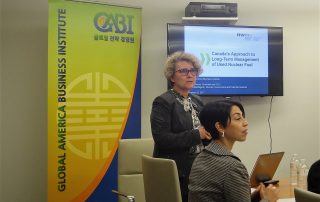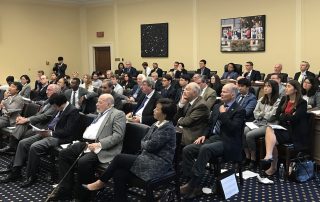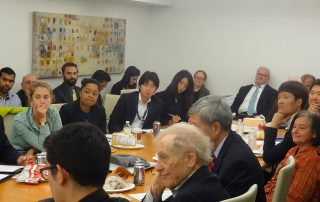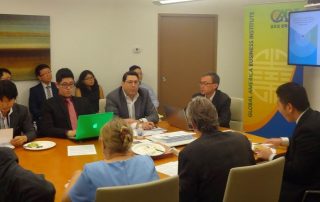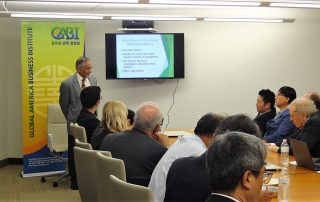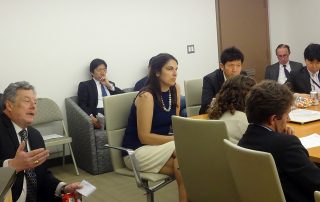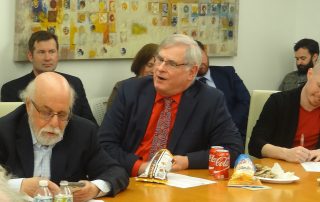At present, dialogue on nuclear technology in Washington, DC has tended to focus on issues related to nuclear materials security, nonproliferation, and arms control issues, rather than nuclear power. As a result, the policy community in Washington tends view nuclear power technologies with some skepticism. Given this environment, it is GABI’s commitment to promote, educate, and enhance the understanding of the vital role of nuclear power from the perspective of ensuring energy security, reliability and sustainability.
Canada’s Approach to Long-Term Management of Used Nuclear Fuel
October 25, 2017 To address the concerns of the growing issue of used nuclear fuel in Canada, the Canadian federal government established the Nuclear Waste Management Organization (NWMO) under the Nuclear Fuel Waste Act of 2002. NWMO is investigating the option of a deep geological repository for the long-term storage of Canada's used nuclear fuel.

